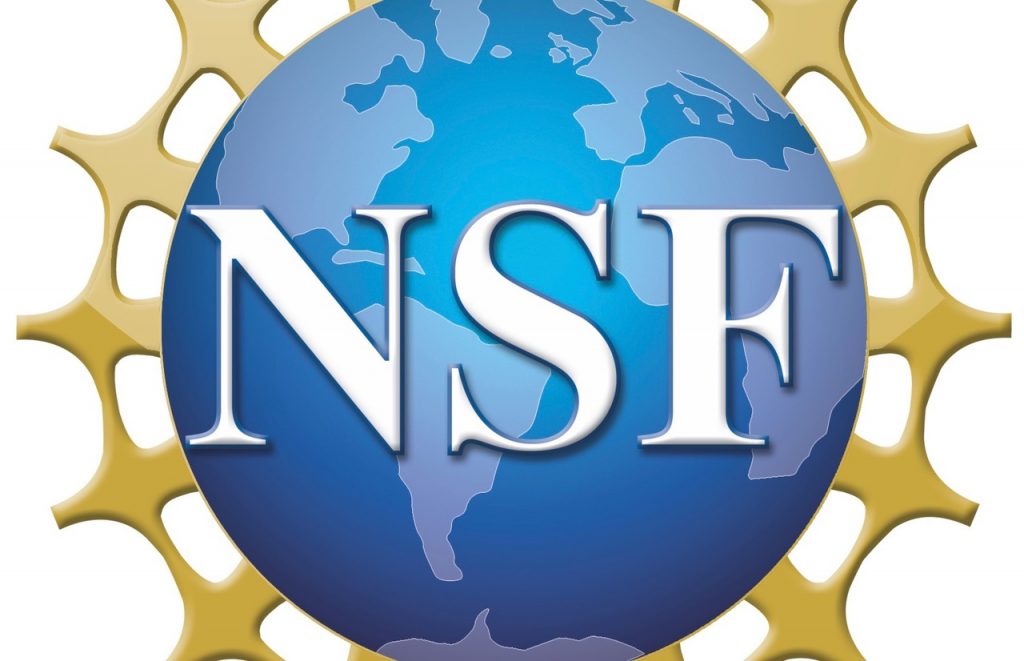The National Science Foundation’s Tribal Colleges and Universities Program announced new funding for projects that strengthen cyberinfrastructure, build partnerships, and support professional development for K-12 STEM teachers.
By Paul Boyer

The National Science Foundation’s Tribal Colleges and Universities Program (TCUP) released its new program solicitation this week, outlining funding opportunities for TCUP-eligible colleges and universities for the year to come. This year’s solicitation includes new support for cyberinfrastructure, institutional partnerships, and professional development for k-12 STEM teachers.
The TCUP program, established in 2001, is one of the oldest and most significant sources of grant-funded support for tribal and eligible Native-serving colleges and universities. Awards, totaling approximately $15 million annually, support the development of STEM programs responsive to the needs of Native communities.
According to testimony given by the American Indian Higher Education Consortium (AIHEC), NSF-TCUP “provides critically important capacity building assistance and resources to TCUs” and “has become the primary federal program for building STEM capacity at the TCUs.”
Longstanding funding strands within TCUP focus on strategic planning and the development of STEM capacity. The Instructional Capacity Excellence in TCUP Institutions program (ICE-TI), for example, supports development of new STEM degrees or efforts to “significantly enhance instructional approaches,” according to the program solicitation.
More recent initiatives include funding for Tribal Enterprise Advancement Centers, which support research and collaboration. (Several newly established TEA Centers have been profiled in Native Science Report, including Aaniiih Nakoda College’s Water Center, United Tribes Technical College’s Intertribal Research and Resource Center, and Salish Kootenai College’s Indigenous Research Center).
In addition to these and other established funding strands, this year’s TCUP solicitation includes three new opportunities:
- The TCUP Partnerships strand, which supports “development, through instructional and research capacity-building, of academic and career pathways for TCUP students through supporting collaborative projects between and among TCUP and non-TCUP institutions,” with TCUP institutions serving as the lead partner;
- The Cyberinfrastructure Health, Assistance, and Improvements (CHAI) strand, which supports efforts to “upgrade the cyberinfrastructure necessary to conduct, expand, manage and administer STEM programs of study, including research.” Reflecting needs identified during the pandemic, funding will allow colleges to “meet the demands of virtual instruction, advanced computing, and data science opportunities.”
- TCUP for Secondary & Elementary Teachers in STEM (TSETS), which supports professional development for elementary and secondary STEM teachers “and/or research for K-12 STEM teachers in the relevant service area.” The solicitation identifies seminars, summer intensive workshops, and summer research opportunities as some of the activities eligible for support.
Dr. Carty Monette, who served as president of Turtle Mountain Community College for 30 years and now consults on several TCUP-related projects, praised TCUP for the breadth of its program.
“The National Science Foundation and its TCUP leadership team are to be congratulated for this wide-ranging solicitation,” he said. “The call for proposals is unparalleled because, for the first time, a tribal college can write for projects that connect several critical STEM education and research components, ranging from strengthening institutional capacity to serving the STEM needs and interest of the tribal community, the K12 school professionals, and crafting collaborative partnerships with non-TCU entities.”
Full proposals are due October 15, 2021 for the TCUP Partnerships and Cyberinfrastructure Health, Assistance, and Improvements (CHAI) strands. The TCUP for Secondary and Elementary Teachers in STEM (TSETS) program has a December 1, 2021 deadline. More information can be found in the new solicitation, available here.
Paul Boyer is editor of Native Science Report.
Story published June 30, 2021
